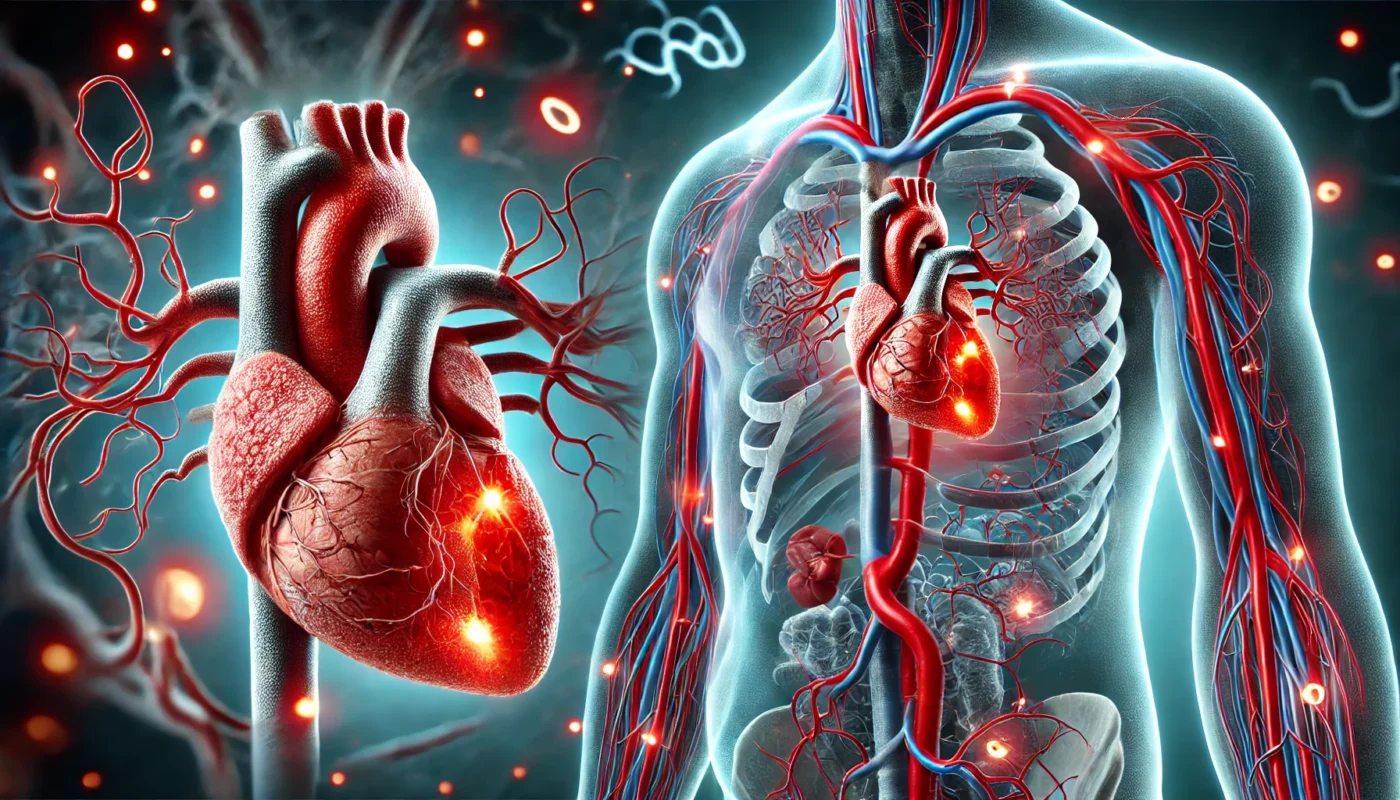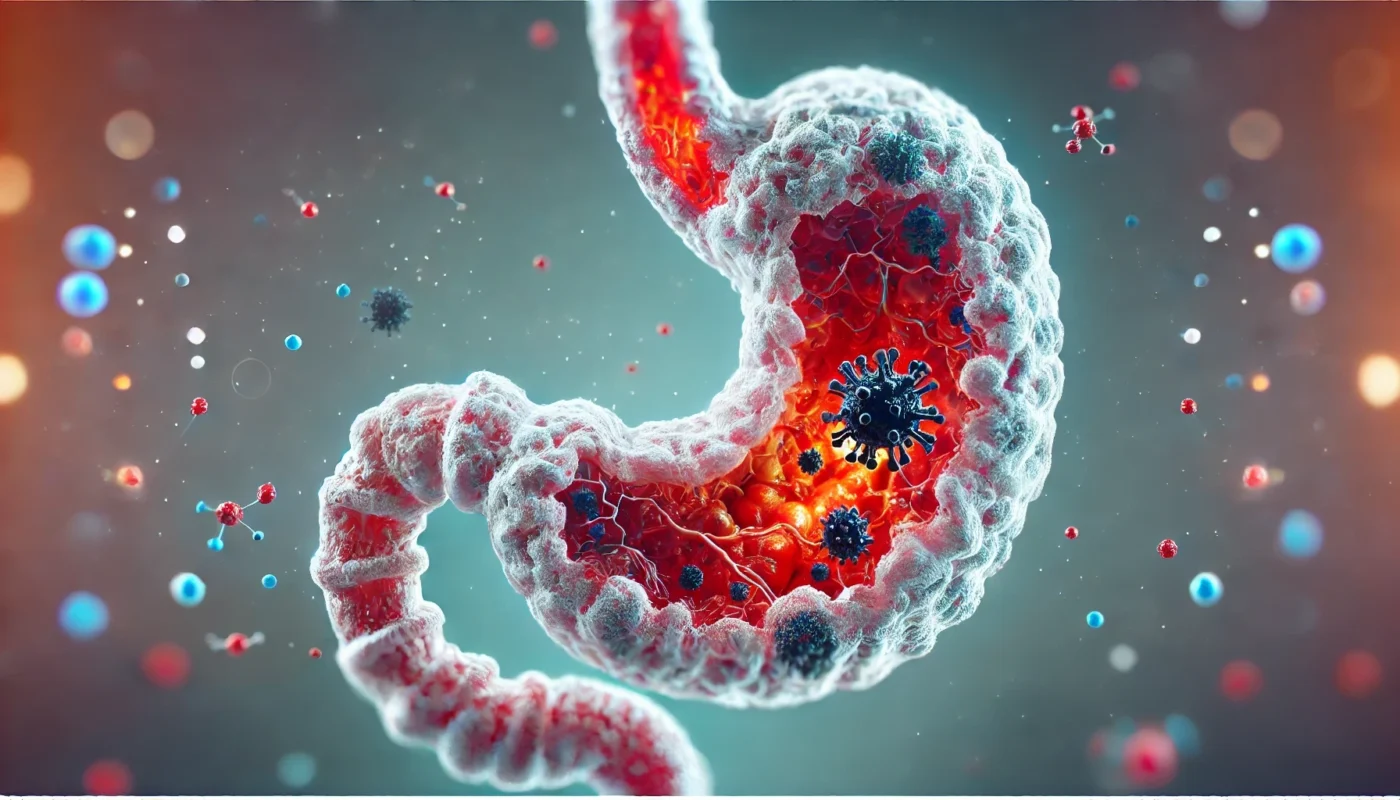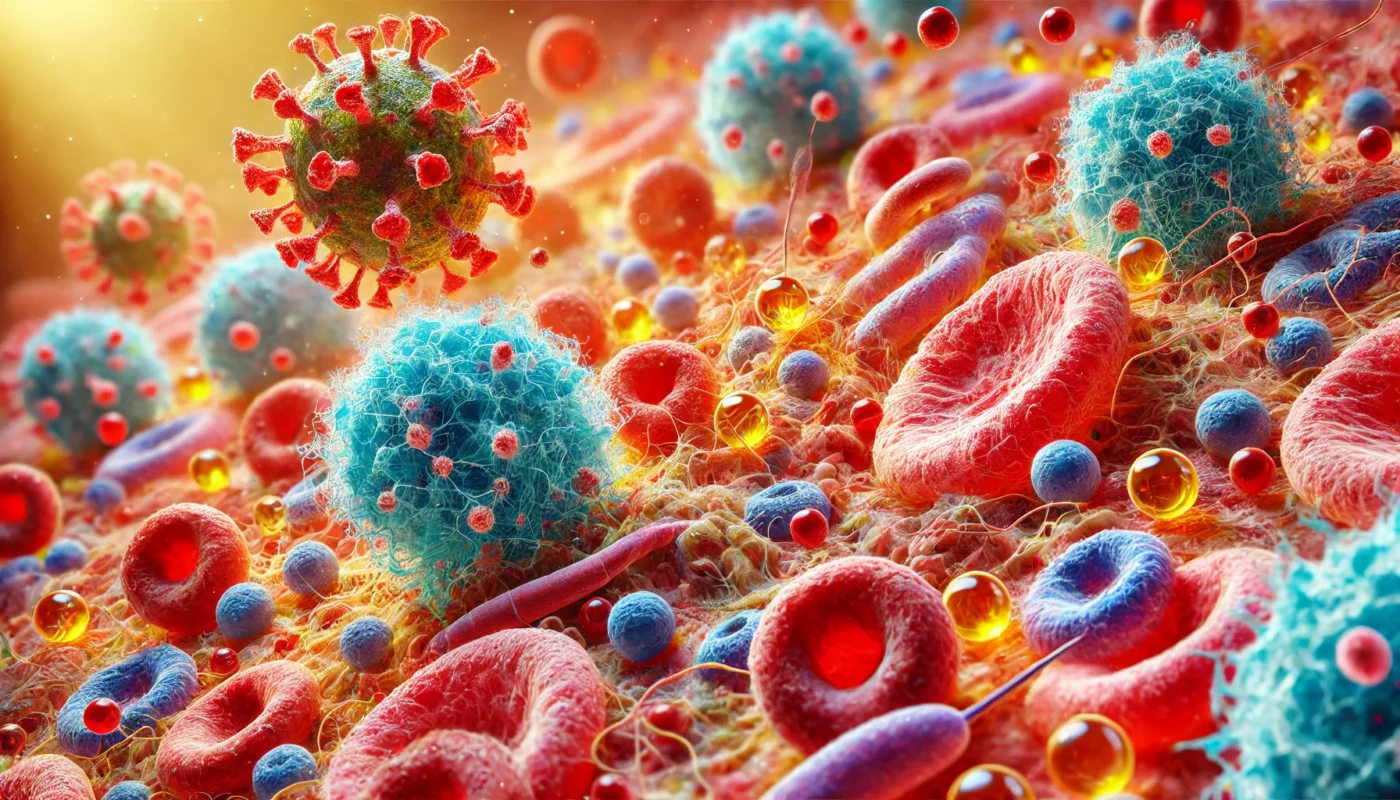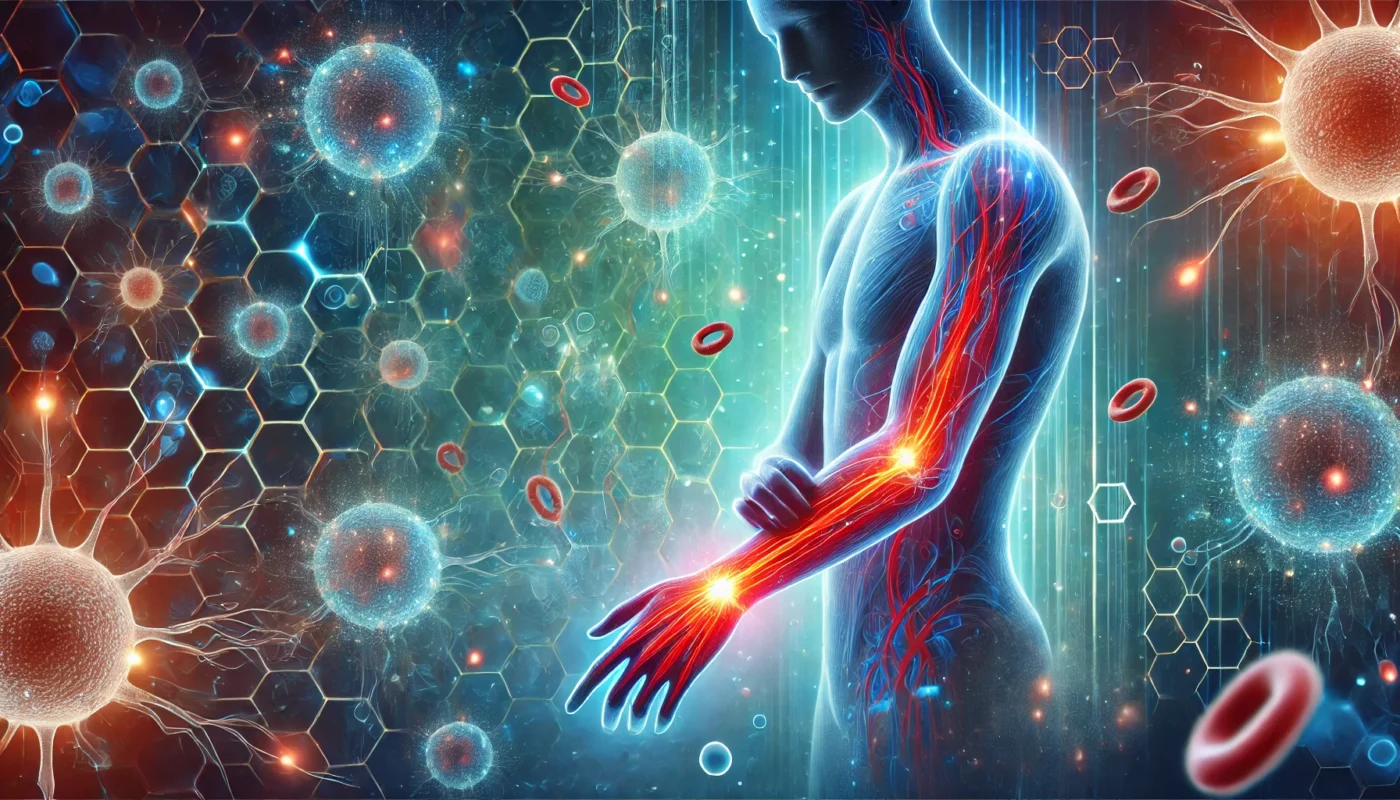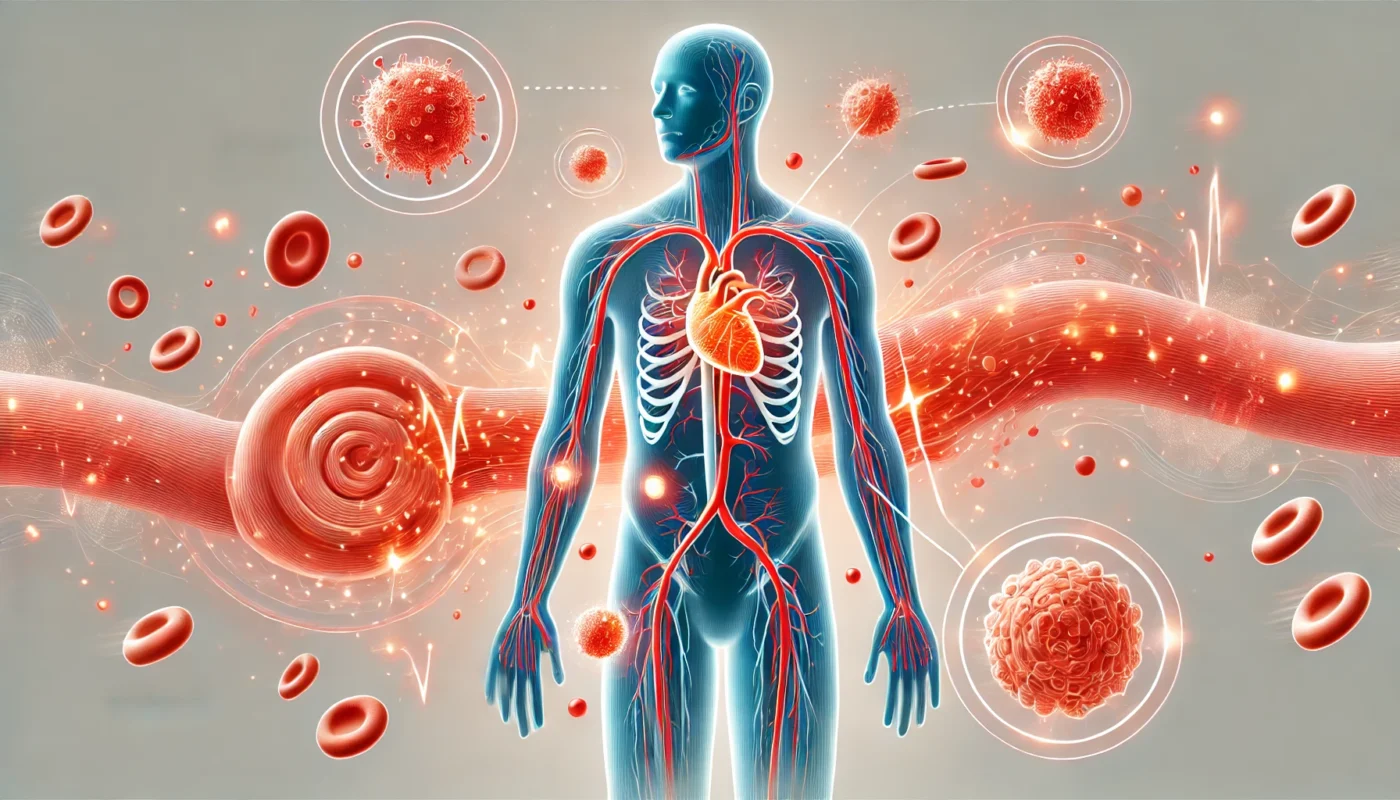Inflammation is a natural and essential process that helps the body heal and fight off infections. When an injury or pathogen triggers this response, the immune system releases various chemicals to protect the affected area. These chemicals increase blood flow, causing redness, warmth, and swelling. While acute inflammation is beneficial, chronic inflammation can be detrimental, leading to various health issues, including hypertension.
Tag Archives: medical interventions
Autoimmune gastritis, also known as chronic atrophic autoimmune gastritis, is characterized by the immune system’s attack on the stomach’s parietal cells. These cells are responsible for producing hydrochloric acid and intrinsic factor, essential for vitamin B12 absorption. The destruction of these cells leads to a cascade of digestive issues, often resulting in vitamin B12 deficiency and, over time, can cause a form of anemia known as pernicious anemia.
At its core, inflammation is the body’s natural response to harm, whether from infection, injury, or foreign bodies. The inflammatory response is a protective mechanism aimed at eliminating the initial cause of cell injury, clearing out damaged cells, and establishing a healing environment.
Before we explore ways to reduce brain inflammation, it’s crucial to understand what it is and why it occurs. Brain inflammation, also known as neuroinflammation, involves the activation of the brain’s immune cells, known as microglia. These cells usually help protect the brain, but when they’re overactive, they can cause damage to brain cells.
In the realm of health and wellness, inflammation is a term that often carries a negative connotation. However, when we delve into its role in the healing process, we uncover a complex and essential biological response. Understanding this multifaceted process is crucial for anyone looking to optimize their health and recovery strategies. By examining the nuances of inflammation, we can better appreciate its dual nature and how it can be both beneficial and detrimental.
Understanding the intricate relationship between inflammation and fever is pivotal for anyone striving to optimize their health and well-being. These two biological processes, while often viewed negatively, play crucial roles in the body’s defense mechanisms. Let’s delve into the scientific underpinnings of inflammation and fever, and explore how they are interconnected.

